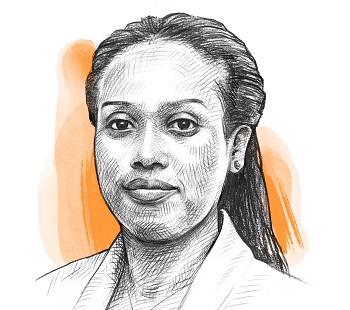Cap Compétences
Objective
-
€4.5mBUDGET
-
04/02/2020PROJECT START
-
54 monthsDURATION
Cap Compétences: a vocational training expertise facility
Cap Compétences is an expertise facility financed by Agence Française de Développement (AFD) which aims to improve the quality of the appraisal, preparation and support for vocational training projects by capitalising on the expertise and experience of Expertise France in implementing and deploying expertise. At AFD’s request, Expertise France mobilises and supervises experts to carry out identification, opportunity and feasibility studies on projects and support the start-up phase of activities.
Since 2020, Cap Compétences has carried out 28 services in 16 geographical areas: Benin, Comoros, Costa Rica, Côte d’Ivoire, Djibouti, DRC, Egypt, Guinea, Indian Ocean, Madagascar, Morocco, Nigeria, Rwanda, South Africa and Tunisia.
Supporting vocational training and higher education projects
The services provided through Cap Compétences are deployed prior to the projects. They comprise various expert missions to conduct studies in a local-international synergy to support AFD Group’s projects.
|
Rwanda - Fabien Dutasta |
Costa Rica - Alain Bustin |
Broadly speaking, Cap Compétences includes the following activities:
• Exploratory studies (overview) to define/propose the most appropriate scope of action
• Opportunity studies: they further develop the exploratory study and define scenarios for action
• Policy/strategy analyses and action plans: these services are generally linked to AFD projects/financing requiring a strengthening of the strategic environment supported by the project
• Feasibility studies: the project engineering operationalises the scenario adopted
• Sizing studies for the training centres
• Policy-based budget financing: in the context of this system, AFD provides financing linked to results, indicators and targets decided with the contracting authority
• Development/consolidation of financing mechanisms/funds for vocational training, higher education and/or research
• Start-up support/temporary assistance to the contracting authority (prior to the start of the project): the objective is to stabilise the project’s ecosystem in order to accelerate its actual start-up
Gender, sustainable development, the environmental and climate transition, and the consideration of vulnerable groups are crosscutting focuses for all the activities and the preparation of AFD Group’s projects.
 Consult the presentation of the projects supported by Cap Compétences (in French)
Consult the presentation of the projects supported by Cap Compétences (in French)


